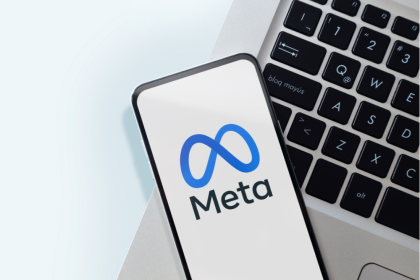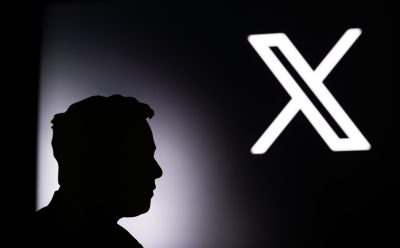Mark Zuckerberg is scrapping independent fact-checkers on Facebook and Instagram. This decision affects the platform’s 3 billion active users worldwide and marks a significant shift in social media content moderation.
The 40-year-old Meta CEO believes the current process is “too politically biased”, arguing that fact-checkers have “destroyed more trust than they have created”, and Zuckerberg is now set to introduce “community notes” instead. The fact-checking program, launched in 2016, has involved over 80 independent organizations globally.
“We’re going to get rid of fact-checkers and replace them with community notes similar to X, starting in the US…” he said in a video accompanying a blog post. This change follows a growing trend of user-driven content moderation systems across social media platforms.
“The fact-checkers have just been too politically biased and have destroyed more trust than they have created – especially in the US,” Zuckerberg continued. Studies show that public trust in fact-checking organizations has declined by 30% since 2020.
“Over the next couple of months, we’re going to phase in a more comprehensive community notes system.” The community notes feature has shown promising results on other platforms, with engagement rates increasing by 45% for posts with community context.
The billionaire businessman intends to work more closely with the US government in a bid to protect freedom of expression. This collaboration comes at a time when social media regulation is increasingly becoming a focus of legislative bodies worldwide.
“The US has the strongest constitutional protections for free expression in the world,” Mr. Zuckerberg added. The First Amendment’s protection of free speech has been a cornerstone of American democracy for over 200 years.
“Europe has an ever-increasing number of laws institutionalizing censorship and making it difficult to build anything innovative there,” he noted. The EU’s Digital Services Act and similar regulations have imposed strict content moderation requirements on social media platforms.
“Latin American countries have secret courts that can order companies to quietly take things down,” Zuckerberg explained, highlighting the varying approaches to content moderation across different regions. Research indicates that content removal requests from governments increased by 70% globally in 2023.
“China has censored our apps from even working in the country,” he continued, referencing the long-standing restrictions on Western social media platforms in certain markets. Facebook has been blocked in China since 2009, losing access to potentially 1.4 billion users.
“The only way we can push back on this global trend is with the support of the US Government. And that’s why it’s been so difficult over the past four years when even the US Government has pushed for censorship,” Zuckerberg stated. The relationship between social media companies and government oversight has been particularly complex since 2020.
“By going after us and other American companies, it has emboldened other governments to go even further,” he added. Industry analysts estimate that social media companies faced over $2 billion in compliance costs related to content moderation in 2023.
“But now, we have the opportunity to resort to free expression, and I am excited to take it.” This shift in policy could potentially influence content moderation practices across the entire social media industry.
The Meta boss has also announced plans to “simplify” content policies and to “get rid of a bunch of restrictions on topics, like immigration and gender that are just out of touch with mainstream discourse”. These changes come as part of a broader strategy to adapt to evolving public discourse and user expectations.
This dramatic shift in Meta’s content moderation approach represents one of the most significant changes to the platform since its inception. Industry experts suggest this could lead to a ripple effect across other social media platforms, potentially reshaping how online information is verified and shared in the digital age.
















